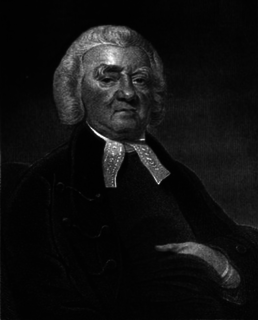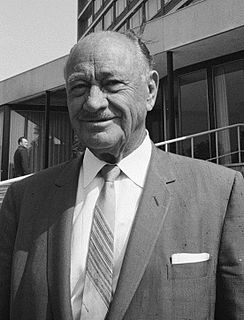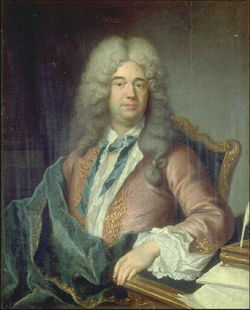A Quote by Henry David Thoreau
Philanthropy is almost the only virtue which is sufficiently appreciated by mankind.
Quote Topics
Related Quotes
The unique impression of Jesus upon mankind - whose name is not so much written as ploughed into the history of the world - is proof of the subtle virtue of this infusion. Jesus belonged to the race of prophets. He saw with open eyes the mystery of the soul. One man was true to what is in you and me. He, as I think, is the only soul in history who has appreciated the worth of man.
Every man, in proportion to his virtue, considers himself, with respect to the great community of mankind, as the steward and guardian of their interests in the property which he chances to possess. Every man, in proportion to his wisdom, sees the manner in which it is his duty to employ the resources which the consent of mankind has intrusted to his discretion.
I think philanthropy is also growing and catching on. Figuring out how the philanthropy sector, which is quite small compared to the private sector, which is the biggest by far, and then the governments, you know, even in these poor countries over time has to take on these key responsibilities. How does philanthropy accelerate that? Drive the kind of innovations, make sure they get used well. So it plays this kind of special role.
It was miraculous. It was almost no trick at all, he saw, to turn vice into virtue and slander into truth, impotence into abstinence, arrogance into humility, plunder into philanthropy, thievery into honor, blasphemy into wisdom, brutality into patriotism, and sadism into justice. Anybody could do it; it required no brains at all. It merely required no character.
The eyes of mankind will be upon you to see whether the Government, which is now more popular than it has been for many years past, will be productive of more virtue moral and political. We may look up to Armies for our Defense, but Virtue is our best Security. It is not possible that any State should long remain free, where Virtue is not supremely honored.
A man may be a Bah' in name only. If he is a Bah' in reality, his deeds and actions will be decisive proofs of it. What are the requirements? Love for mankind, sincerity toward all, reflecting the oneness of the world of humanity, philanthropy, becoming enkindled with the fire of the love of God, attainment to the knowledge of God and that which is conducive to human welfare.
In view of the importance of philanthropy in our society, it is surprising that so little attention has been given to it by economic or social theorists. In economic theory, especially, the subject is almost completely ignored. This is not, I think, because economists regard mankind as basically selfish or even because economic man is supposed to act only in his self-interest; it is rather because economics has essentially grown up around the phenomenon of exchange and its theoretical structure rests heavily on this process.



































